Real Life Accident: Officer Of The Watch Falls Asleep, Ship Hits Seawall At 15 Knots
In the early morning hours, but still in darkness, a small container ship was making way at about 15 knots on autopilot with the officer of the watch (OOW) as the sole watch-keeper on the bridge.
The visibility was good and there was no traffic, so the Master had given the instruction for the OOW to be alone on the bridge while making way in darkness. A few hours into his watch the OOW began to feel drowsy, so he began walking briskly around the wheelhouse.
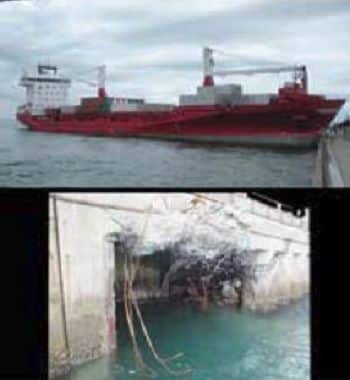
He then sat in the chair in front of one of the radars, confident he would not fall asleep. Somewhere between buoys four and five as they made landfall he fell asleep.
About 40 to 50 minutes later, at approximately 04:40, he woke up abruptly when he was thrown out of the chair by the impact of a collision.
The vessel had hit the sea wall on the northern side of a nearby bridge.
The ship was not equipped with a bridge watch navigation alarm system (BWNAS) at the time of the accident, nor was it required to have one.
Lessons learned
- Had a proper lookout been assigned to assist the OOW it is unlikely the collision would have transpired.
- Had the OOW reported his drowsiness to the Master, alternative watch arrangements could have been made.
Although this ship was ostensibly operating under a three watch system, fatigue can affect anyone if proper ‘sleep hygiene’ is not practised. It has been demonstrated in numerous studies that the average person needs seven to eight hours of continuous sleep for it to be truly recuperative. Working while fatigued is equivalent to working while under the influence of alcohol. Although a BNWAS is a device that can help prevent accidents like this (and today this ship would be required to have one), the real solution is proper rest for all crew and a proper lookout.
Related Reading:
Reasons and Symptoms of Physical and Psychological Stress On Board Ships
Reference: nautinst.org
Do you have info to share with us ? Suggest a correction
- Real Life Incident: Vessel Collision in Good Visibility
- Real Life Incident: Severe Injury To Deck Crew While Leaving Berth
- Real Life Incident: Departure Damage in Very Restricted Waterway
- Real Life Incident: Low Situational Awareness Has High Impact Consequence
- Real Life Incident: Fouled Anchor in a Designated Anchorage
- Real Life Incident: Fire On Barge Carrying Scrap Metal Causes $7 Million Worth Of Damage
Latest Case studies Articles You Would Like:
Subscribe To Our Newsletters
By subscribing, you agree to our Privacy Policy and may receive occasional deal communications; you can unsubscribe anytime.



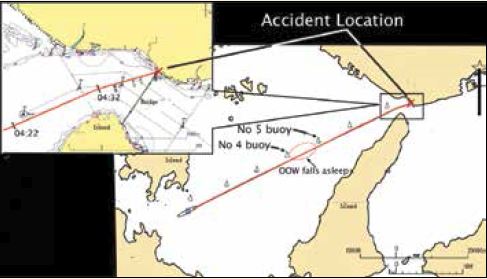

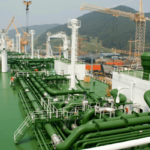
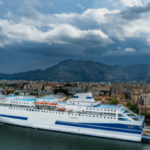
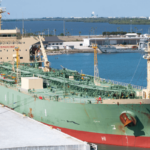

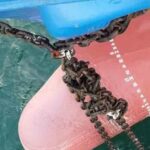
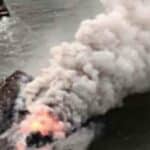
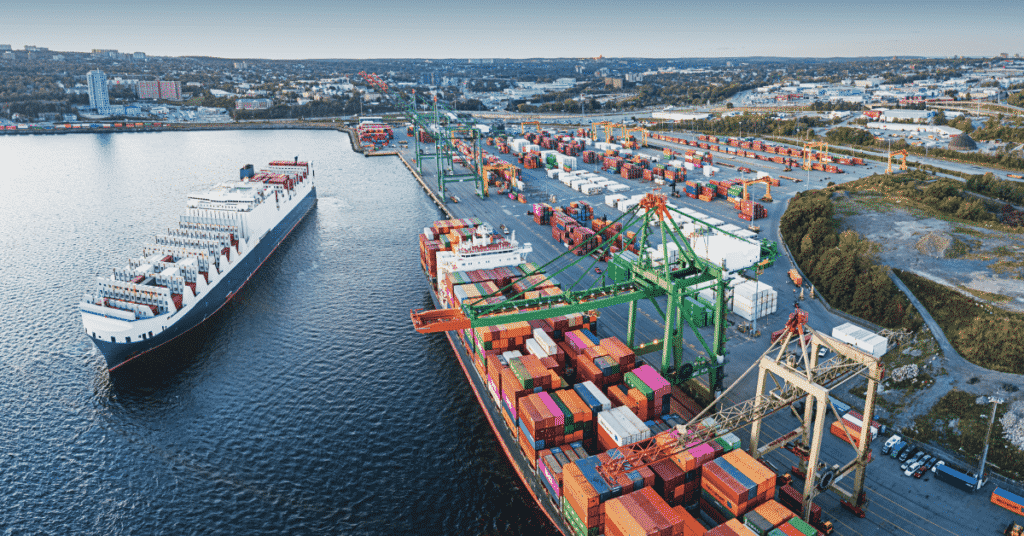
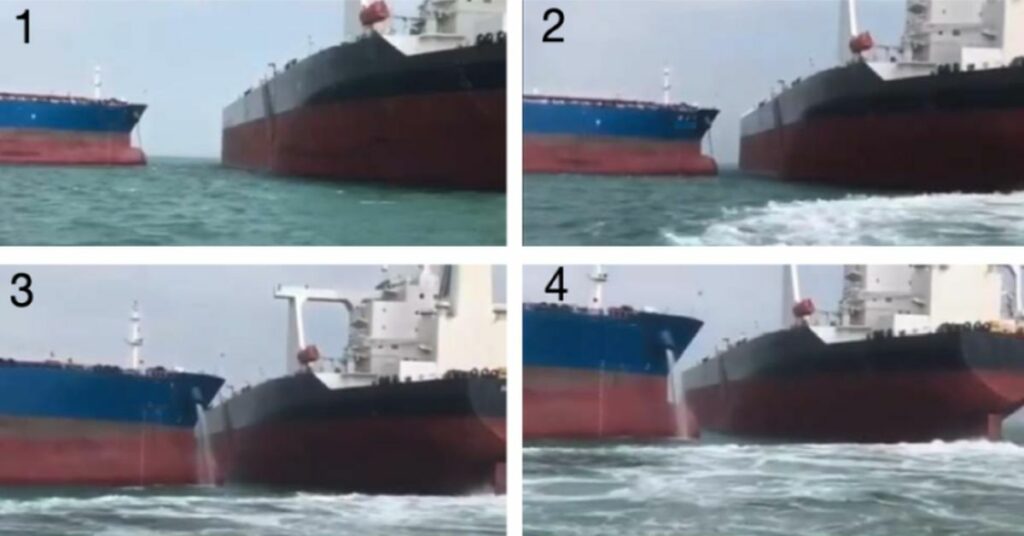
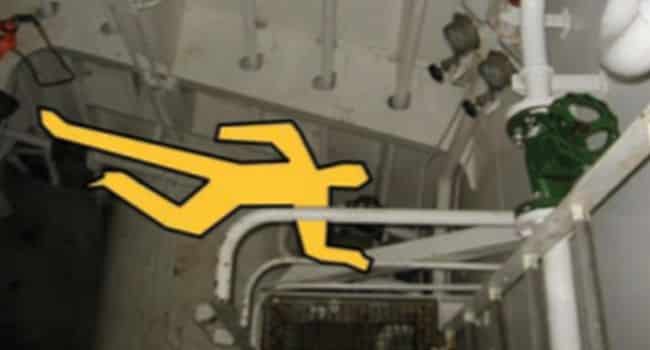
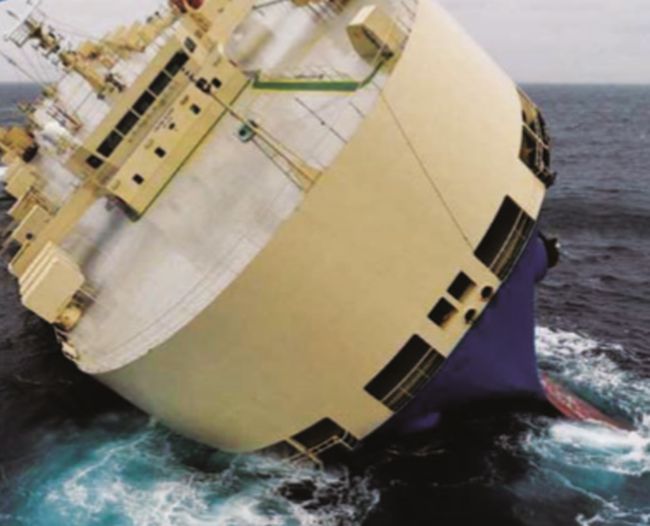
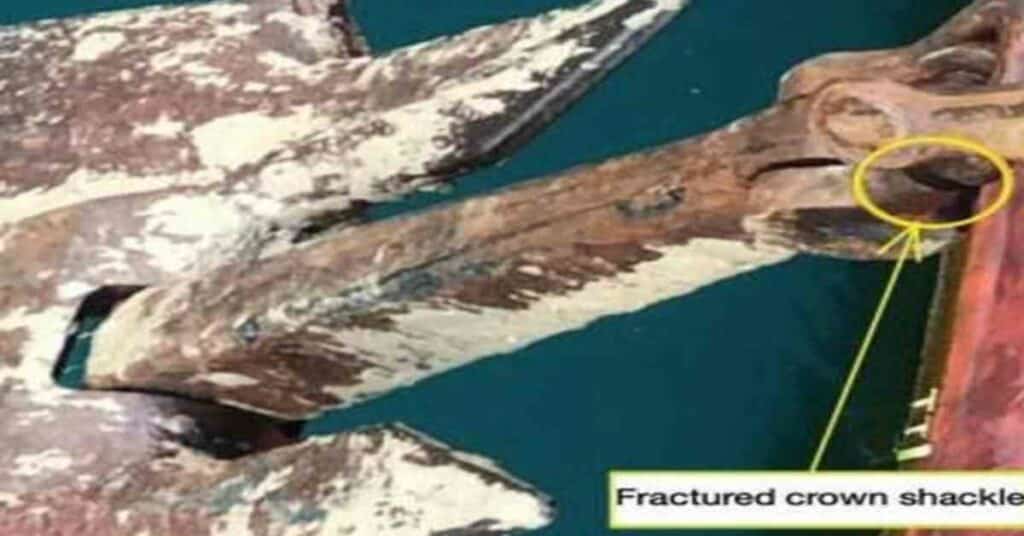
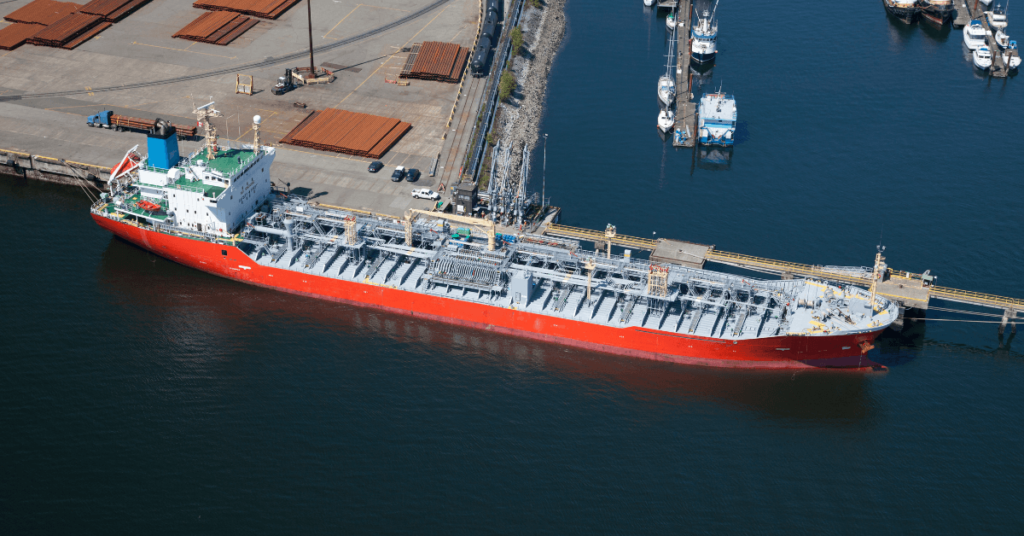
nice
this was amajor human error…all the mistake goes towards the OOW
Oow should always be accompanied by a duty a/b
Alone on watch ? not a good idea….. if he choked, or had a heart attack, or stroke, same result.
Many companies does have the minimum crew onboard but they or their charterers do require too much job which cannot be handled by those number of crew. They keep on saving money and let their crew worry on how to keep up with their demands often sacrificing the right period of rest.
Did some 15 years of watches, most of these years in night times and without the aid of a lookout. Falling asleep due to fatigue occured only once after the next watch was called for duty. In this case with a course change ahead and sailing in kind of coastal waters it is not only fatigue it is also not taking serious a watch keeping job.
I wonder when the companies will stip bein penny wise pound foolish. They should understand we are humans there are things like not falling asleep which can be done by machines but at the same times there are things which can be done only by humans thats collision avoidance. Wake up companies hire extra officer. Gone are the days when u had 3 watch schedule, things were different pressures were less port turnaround was more. I wonder till when will an accident/incident will ve required to wake the ownera/managers up. Or do they want to play it like russian roulette till it doesnt fire its fine the day it fores its the officers mistake.